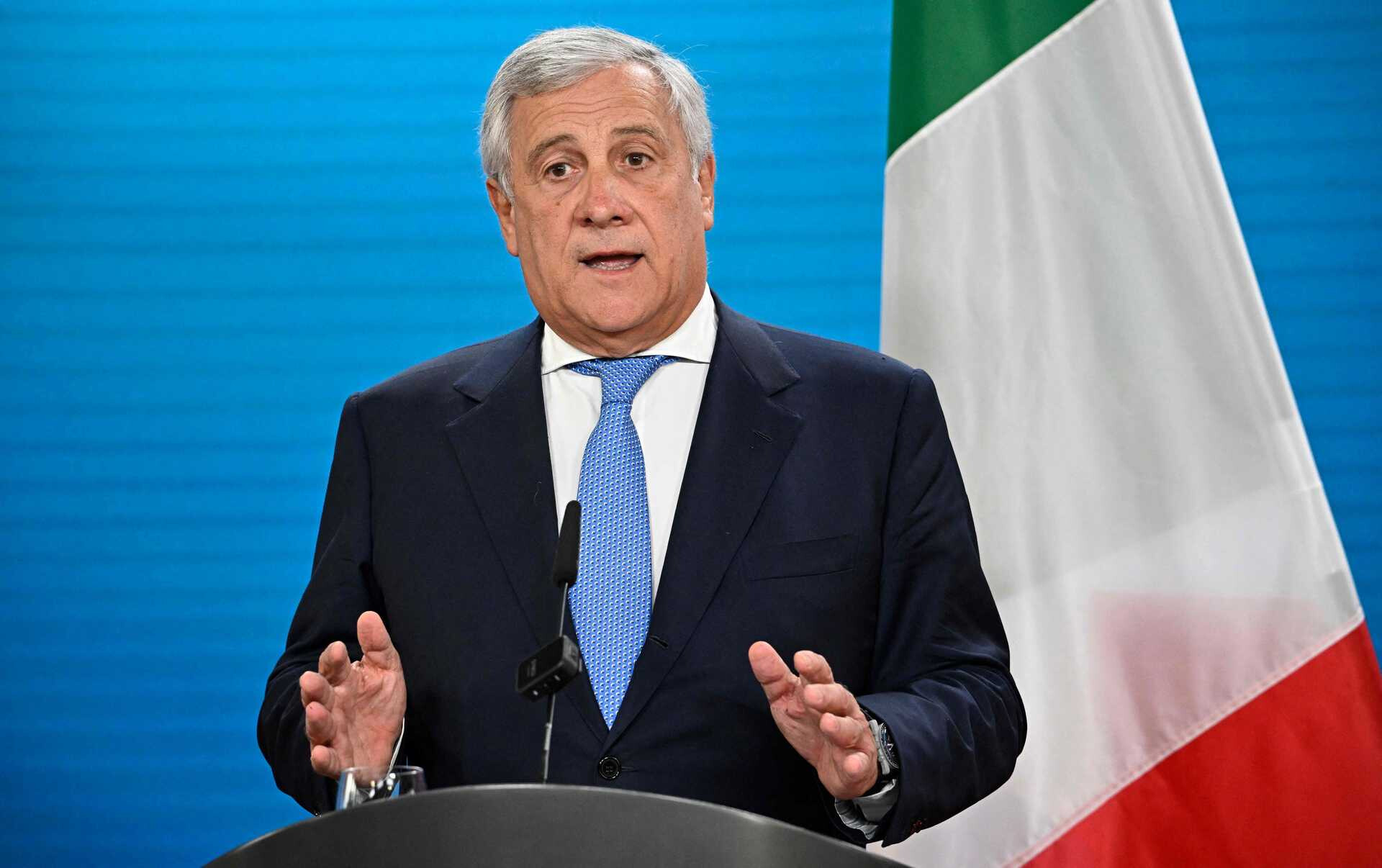Although the re-imposition of border controls in the Schengen Area is only permitted in exceptional circumstances – as was the case, for example, during the Covid-19 pandemic – and Brussels must be notified before adopting them, several countries have announced similar measures.
A week ago, Poland, the Czech Republic and Austria decided to maintain border control with Slovakia, at least until November 2, in order to combat illegal immigration.
The three countries had introduced this measure on October 4, initially for 10 days, but decided to extend it.
Slovakia has recently been the target of a surge in migrants, who largely come from Serbia, via Hungary, and head to wealthier countries in Western Europe.
Between January and August this year, 24,500 people entered the country illegally, more than double the 10,900 people registered all of last year.
In response to the measures taken by its neighbours, Bratislava also decided to adopt border controls with Hungary from 5 October, which was extended until 3 November.
Germany, where many migrants are headed, also strengthened controls on its eastern borders with the Czech Republic and Poland at the end of September.
All of these countries are members of the European Union and the Schengen Area, where passports and border controls have been officially abolished.

“Hardcore alcohol maven. Hipster-friendly analyst. Introvert. Devoted social media advocate.”

